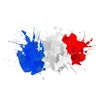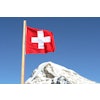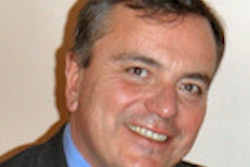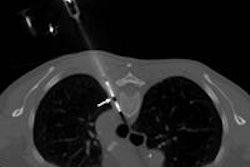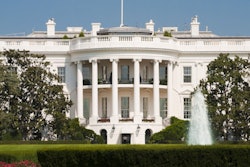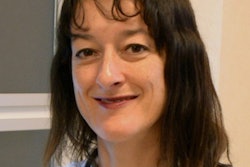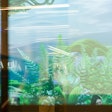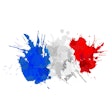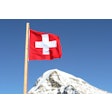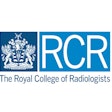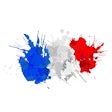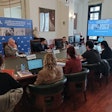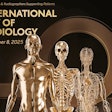France's national union of independent radiologists (Fédération nationale de médecins radiologues, FNMR) has made an urgent plea to the general director of the national union of health insurers (Union nationale des caisses d'assurance maladie, UNCAM).
It is calling for the reversal of a decision announced on 27 January concerning the reduction in the tariffs of conventional radiology and CT interpretation and also the lowering of rates applied to technical acts for CT and MRI.
The FNMR has called the decisions "unilateral" and "irresponsible," and it believes these measures will jeopardize the existence of private radiology practices by removing their capacity to absorb costs related to the depreciation of equipment and reinvest in new installations, according to a 10 February statement by the radiology union.
In addition, the FNMR suggested Nicolas Revel, general director of UNCAM, should bear in mind that these latest decisions compound those taken each year for the past nine years, and they will only serve to close increasing numbers of local radiology practices, indispensable to general practitioner services, and reduce the means by which radiology practitioners can invest in equipment that offers the best of imaging innovation to patients. The measures will also increase waiting times for CT and MRI exams, according to the radiology union.
"The stakes are high as they concern the health of the French population and the survival of independent radiology practices. We say 'no' to the sabotage of medical imaging," the FNMR stated.
FNMR thinks the rise in imaging activity simply reflects the needs of an aging population, increasing indications, and the growing demand for imaging from specialists who understand that it offers ever more precise diagnosis and the possibility of interventional therapy.
The measures will affect both private practice and hospitals, according to the FNMR, which stresses that the quality of diagnostics, screening, and therapeutic acts in imaging relies on continual investment to maintain gold standard equipment, and UNCAM's decisions will negatively affect the efficacy of French imaging services and patient health.
"French imaging is among the best in the world. Independent radiologists are recognized for their high level of skill. French excellence should not be sold out," the FNMR told Revel, urging him to respond before 22 February.
The FNMR rejected any need for drastic cuts but conversely pointed to the need for a development plan ensuring the best quality of patient care.
"It is such a plan that we must discuss with responsible partners," the FNMR concluded.


